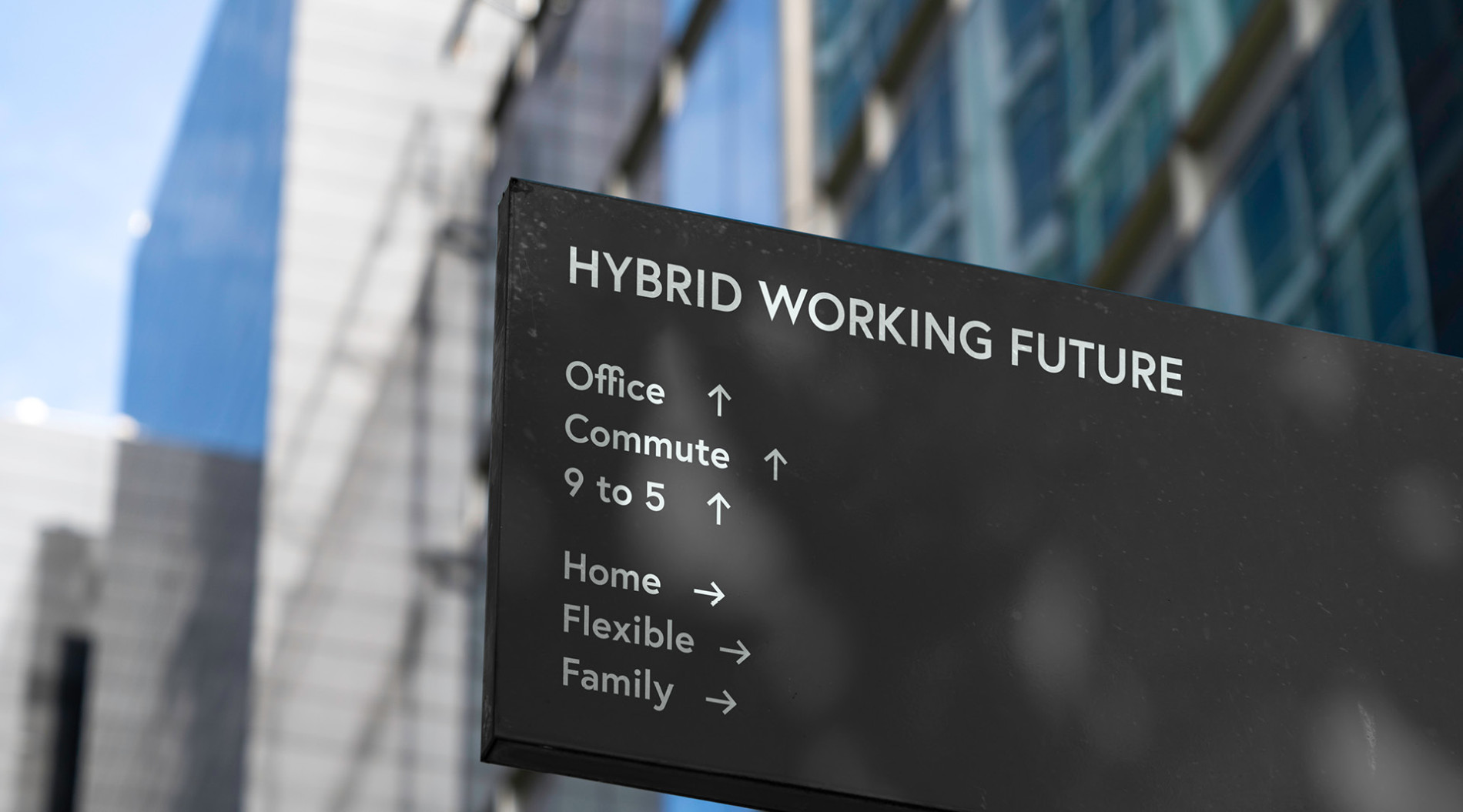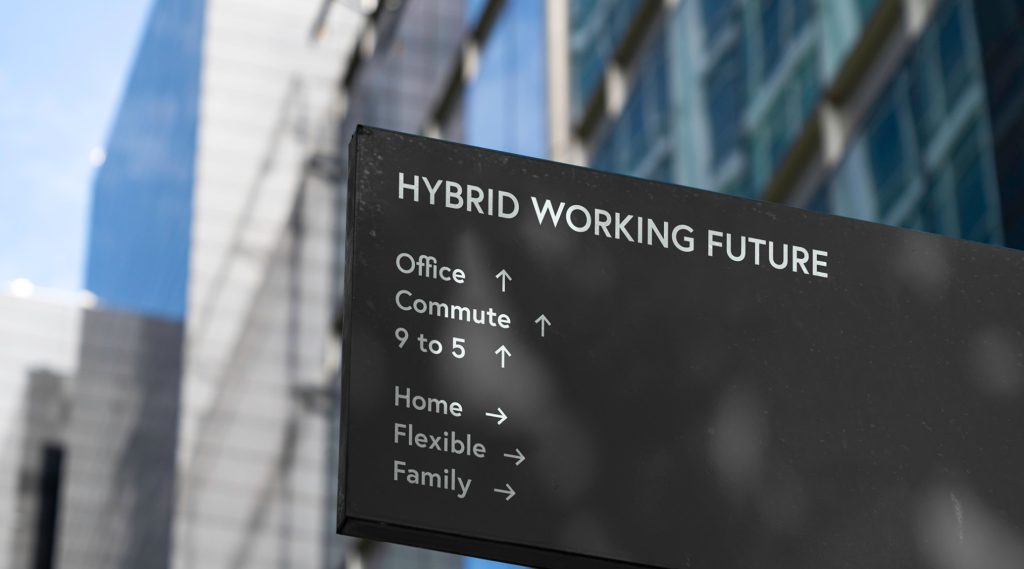The Interview Question that Stumps the Best of the Best
How does this great employer that you’re keen on joining factor into your grand life plan? That’s essentially what the interviewer is asking when they pose the question: “where will you be in five years’ time?” or perhaps close cousins like “what are you looking for?” or “what are your long-term career goals?”
What’s the purpose of these challenging questions – so challenging because, to be honest, few people think so far ahead in their life, let alone in their career. The hiring manager wants to know your career goals and aspirations. It’s highly likely they want someone who is motivated, proactive, keen to learn, and, best of all, willing to stick around.
If your five-year goal is to become a marketing manager, it’s unlikely this position as an IT help desk operator is your dream job. Red flags may start to flutter in the mind of the hiring manager.
Lying in an interview always comes back to bite you – however, perhaps you don’t need to be totally candid about all the directions you’re hopeful of heading to.
So, how do you tackle this interview question? Here are four hints
1. Don’t get specific
If you are too specific in your response you run the risk of presenting something that has no hope of being realistically achievable in the job available. While most interview questions should be answered with the acronym SMART (specific, measurable, agreed upon, realistic, time-based) in mind, this question is the exception. Keep your answer fairly broad so it doesn’t raise questions that you might not be a good fit for the company.
2. Emphasise your interest in a long-term career
Stress your interest in a long-term career at the company. This employer will invest time and money in your career – they want to believe you will reward their confidence in you by sticking around. Have an idea of the various departments and structure of the organisation. Perhaps you could factor in horizontal moves in other areas – remembering that today’s flatter hierarchies mean there are possibly fewer opportunities to move up the corporate ladder. Instead, think of a corporate lattice, which allows for movement in many directions.
3. Let your enthusiasm show
You are excited for this opportunity; you are ready for this challenge. Make it clear that you are ready to take on this role immediately (or at least in a couple of weeks).
4. Be realistic
Goals are good – everyone likes ambition. But responding with “I see myself as CEO of this organisation” is not going to go down well, especially if you are nowhere near qualified or experienced enough to be seeking a role that senior. It reeks of over-confidence and indicates a lack of respect for successors who may be waiting in the wings for opportunities to forge ahead. It’s much better to hint at potentially taking on more responsibility – perhaps managing a team or taking on financial responsibilities. And sure, hint that you’re keen to undertake professional development to get there, or to enhance your current skill-set (think digital skills to help you and the organisation excel in the digital age).
Here’s a great example of a perfect response to this question:
“My career goal is to find a position at a company where I can develop and take on new challenges over time. Over time, I’d be interested in taking on management responsibilities and get more involved in strategic decision-making. Ultimately, I’d like to work for a company where I can build a career.”
Why is this a great response?
It offers some insight into your goals and interests (becoming a manager, working on strategy), so it’s not generic and forgettable. Most importantly, it expresses a long-term desire to stay and develop with the company.
Now that you know how to master your next interview it is time to start looking for your next dream job: contact our team at Adecco today!











